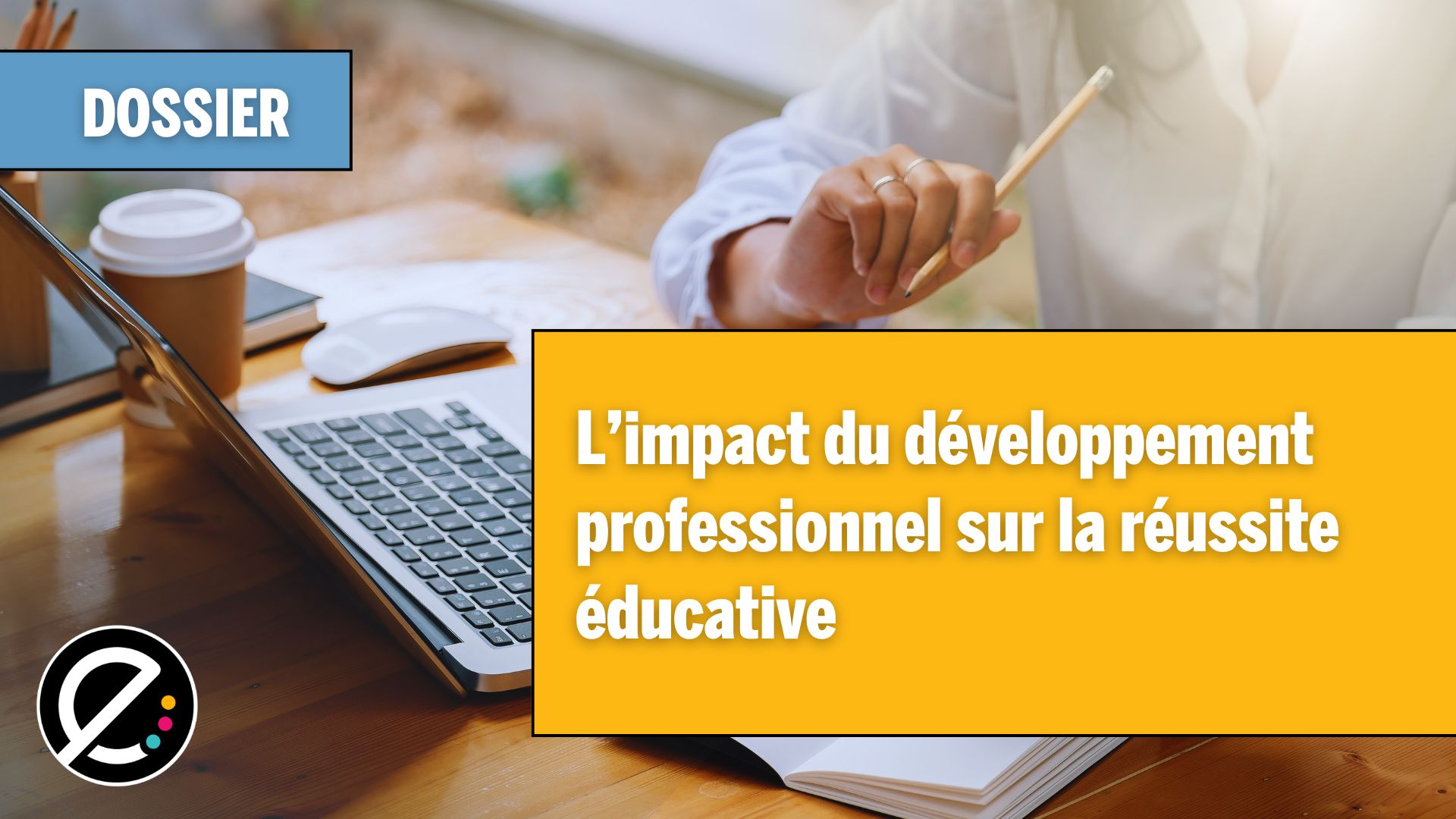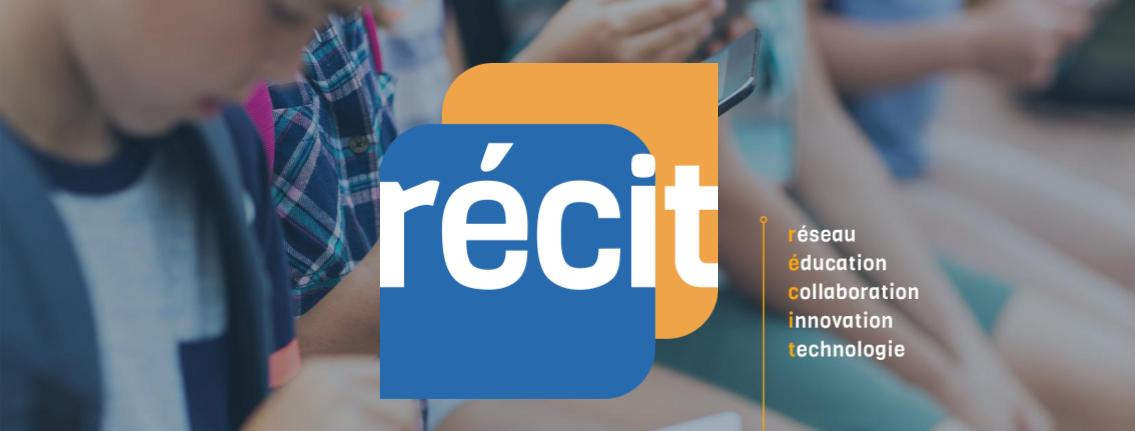Le complotisme n’est pas nouveau, mais le phénomène est amplifié par les réseaux sociaux et les restrictions imposées par la pandémie. Et si le gouvernement peut difficilement agir contre ceux qui se méfient de lui, les enseignants peuvent jouer un rôle de prévention important en abordant le sujet le plus tôt possible avec leurs élèves.
À l’occasion du 39e colloque de l’AQUOPS, Alexandre Chenette, conseiller au service national du RÉCIT, domaine du développement de la personne, a animé un atelier intitulé « COMPLOTISME | Anatomie d’une trainée de poudre », auquel nous avons assisté.
D’entrée de jeu, M. Chenette a rappelé que oui, des complots ont réellement existé dans l’histoire, et qu’il est sain de se poser des questions. D’ailleurs, le développement de la pensée critique chez les jeunes à cet effet est crucial. Mais, ironiquement, « puisqu’ils sont souvent critiques du discours médiatique ambiant et des autorités politiques officielles, les conspirationnistes se réclament eux aussi de la pensée critique », ajoute l’animateur.
Qui sont les complotistes? Au Canada, on compte une proportion somme toute moindre que dans d’autres pays (17,7 %, comparativement à 34,7 % aux États-Unis par exemple). Chose certaine, on remarque un profil dominant selon un sondage CROP réalisé au Québec à l’automne 2020 : le conspirationnisme est un mouvement jeune (33 % des 18-34 ans y adhèrent!), plutôt masculin (24 % des hommes contre 17 % des femmes) et touchant ceux qui ont un niveau d’instruction et un revenu plus bas (25 % de ceux ayant un diplôme secondaire, 30 % de ceux qui gagnent moins de 40 000 $ par an).
L’intervention est difficile. Même si on souhaite que les autorités publiques établissent des programmes en ce sens, c’est un défi immense puisque les complotistes se méfient justement des gouvernements. En éducation, les enseignants sont toutefois invités à en parler le plus tôt possible avec les enfants, pour prévenir plutôt que guérir. Aussi, dans le type d’activités à préconiser, Alexandre Chenette recommande de débuter avec la notion de fausses nouvelles, tout en évitant d’en faire fabriquer aux élèves, ou à tout le moins de les publier pour éviter que des gens y croient vraiment (il faut dire que certains élèves ont vraiment du talent!). De plus, il estime qu’il faut éviter de les faire contribuer à ce mouvement de désinformation.
Chose certaine, on doit absolument consulter les ressources mises de l’avant dans le dossier COMPLOTISME, du service national du RÉCIT, domaine du développement de la personne, pour se préparer à en discuter en classe… ou avec des adultes de votre entourage!






